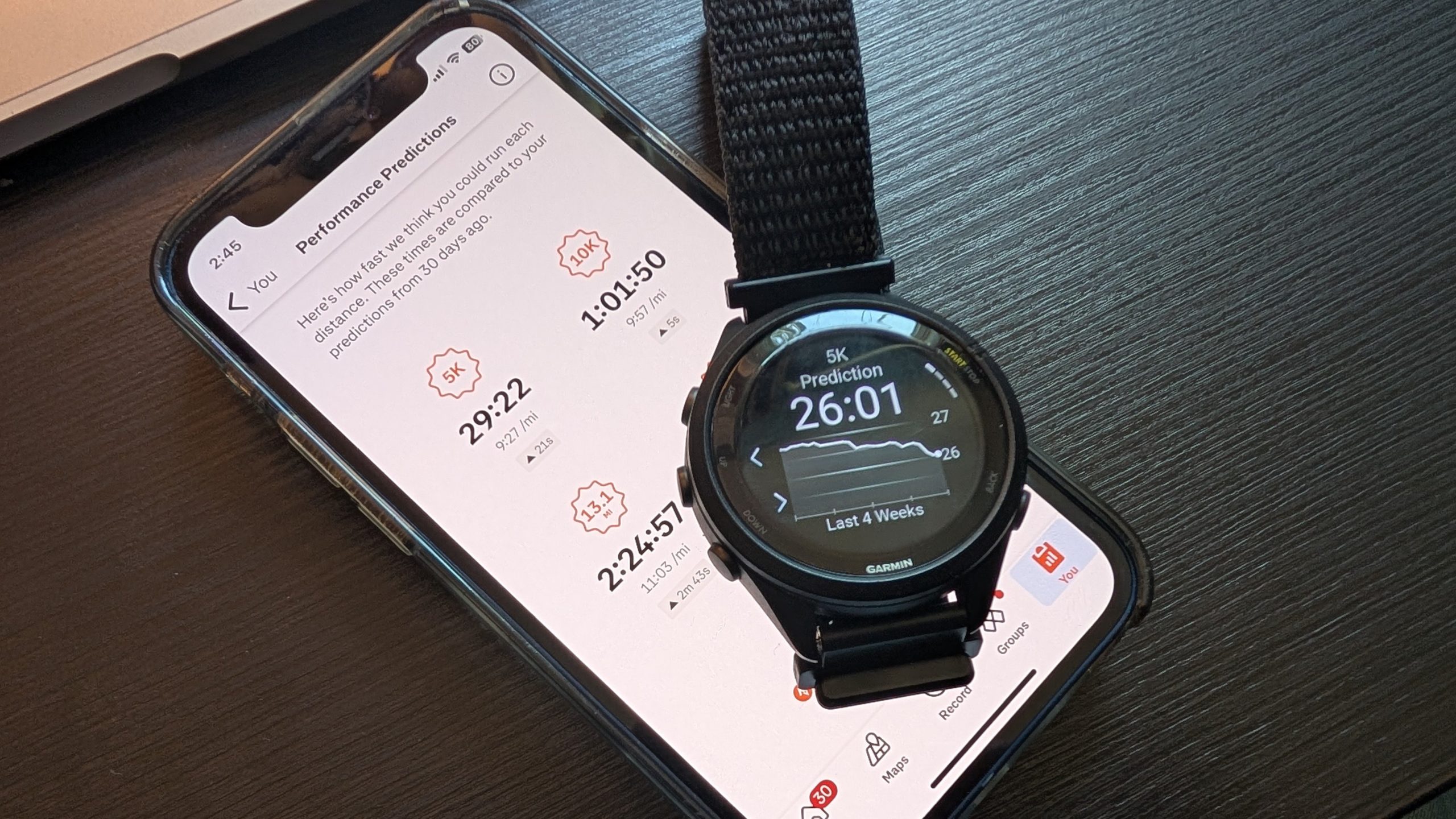Now Reading: Strava Launches AI to Predict Race Times Amid Skepticism
-
01
Strava Launches AI to Predict Race Times Amid Skepticism
Strava Launches AI to Predict Race Times Amid Skepticism

### Rapid Summary:
– Strava, a running/cycling app, has introduced a new AI-powered “Performance Prediction” feature for premium subscribers that forecasts race times for 5K, 10K, half-marathon, and marathon.
– The feature analyzes real activity data (not theoretical metrics like VO2 max) using machine learning (ML) models to compare an individual’s training history with similar athletes’ performance data.
– Predictions update dynamically based on logged activities and historical trends but require at least 20 recorded runs over the past 24 weeks to generate reliable results.
– Race predictions are only available on the mobile app for Strava premium members ($11.99/month or $79.99/year), and include additional analytics tools beyond forecasting.
– Early user experiences report differing levels of accuracy when compared to competitors like Garmin or Runna; some find Strava’s times overestimated while others find them realistic.

### Indian Opinion Analysis:
The inclusion of AI in fitness tracking represents an emerging intersection between technology and health optimization. This move by Strava highlights the growing influence of ML-driven personalization within consumer apps-a trend likely relevant to India’s burgeoning tech-savvy population.
While innovations like these could motivate amateur runners by offering tailored insights into progress benchmarks, their efficacy depends heavily on accuracy. A lack of consistency in predictions compared to established competitors may undermine user trust or discourage adoption among local hobbyists investing their time in such platforms.
Moreover, India’s increasing popularity as a global destination for marathons raises questions about how well features designed abroad-like flat terrain assumptions-account for unique conditions here (e.g., weather variations or hilly courses). Fitness tech must adapt further before delivering contextually relevant solutions to India’s diverse athletic community.
For readers interested in fitness tracking solutions powered by AI: balancing cost against reliability remains critical when exploring options tailored toward individual goals rather than generalized averages seen overseas.[Read More](https://lifehacker.com/health/strava-now-predicts-how-fast-you-could-run-a-race?utm_medium=RSS)























